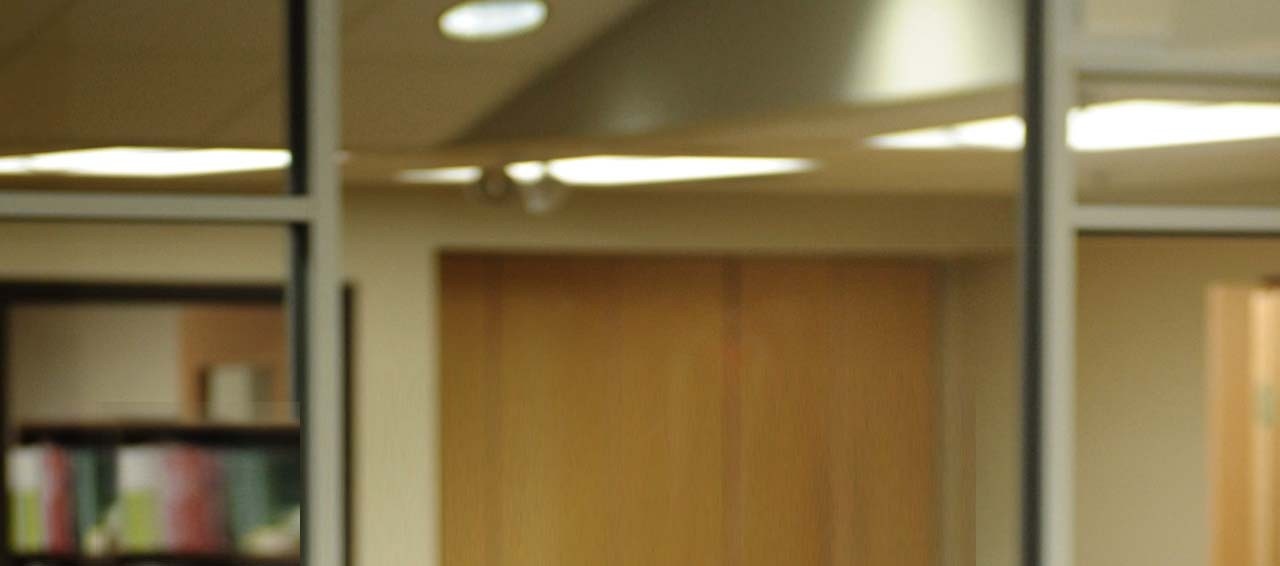Melissa Sponagle
(BHSc'08 - Nuclear Medicine)
I am passionate about nuclear medicine and feel it is my responsibility to share the knowledge and skills I’ve developed with others in order to help grow the profession and services we provide patients. In my opinion, one of the best places I can do this is at the School of Health Sciences.
Building lifelong connections
Like many children growing up on Nova Scotia’s South Shore, Melissa Sponagle always thought she’d grow up to work on the water. When she realized that her dream of working with dolphins would be hard to accomplish without traveling far from home, she looked to her family for career inspiration.
“I was inspired by my father who was a dental assistant and my cousin who is a paramedic,” she says. “I became interested in being a healthcare worker.”
A co-op education program in high school that exposed her to a number of health professions sealed the deal.
“My biology teacher, whose brother was a nuclear medicine technologist in Truro, suggested the health sciences. He put me in touch with his brother to discuss what a day in the life of a nuclear medicine technologist was like,” she explains. “I was inspired by his enthusiasm for the profession and decided to explore it further.”
Melissa enrolled in Dal’s interdisciplinary Bachelor of Health Sciences program and never looked back.
“The best parts of the program were the diverse teaching styles and hands-on learning experiences. During my studies I completed learning activities and evaluations that ranged from mentorship programs, case study presentations, round tables, exam question development, senior year community presentations, interdisciplinary projects, journal clubs and much more!
Additionally, hands-on clinical placement rotations allowed me to apply the knowledge gained during course work in a practical environment. These innovative teaching styles allowed me to learn the material in-depth, develop critical thinking skills, be a member of an interdisciplinary team and develop confidence before entering the workforce.”
Melissa credits this experience with preparing her to tackle her work as a nuclear medical technologist in the QEII cyclotron.
“The cyclotron facility in Halifax is the only one east of Quebec,” she says. “With the cyclotron we are able to produce short lived medical isotopes and in turn make the radiopharmaceuticals that are used for diagnosing patients.”
The health professionals in the cyclotron facility work under a lot of pressure. “Each day we produce the isotope, perform radiopharmaceutical chemistry, dispense the product and complete quality control testing, all while following strict regulatory requirements and with significant time constraints due to the short half life. There is a lot that can go wrong and we only have one chance each day to make the radiopharmaceutical. If any part of the process fails all of the patients for that day have to be rebooked.”
Despite a career that keeps her on her toes, Melissa still manages to stay involved with the School of Health Sciences attending research days, volunteering and as one of the founding members of the Health Sciences Alumni Association.
